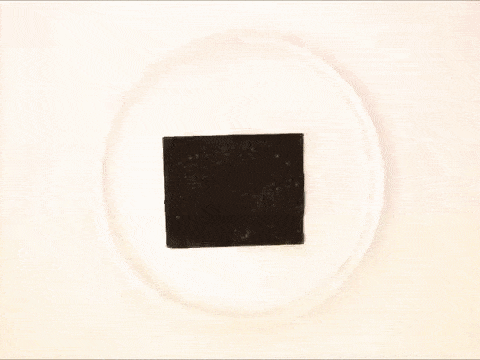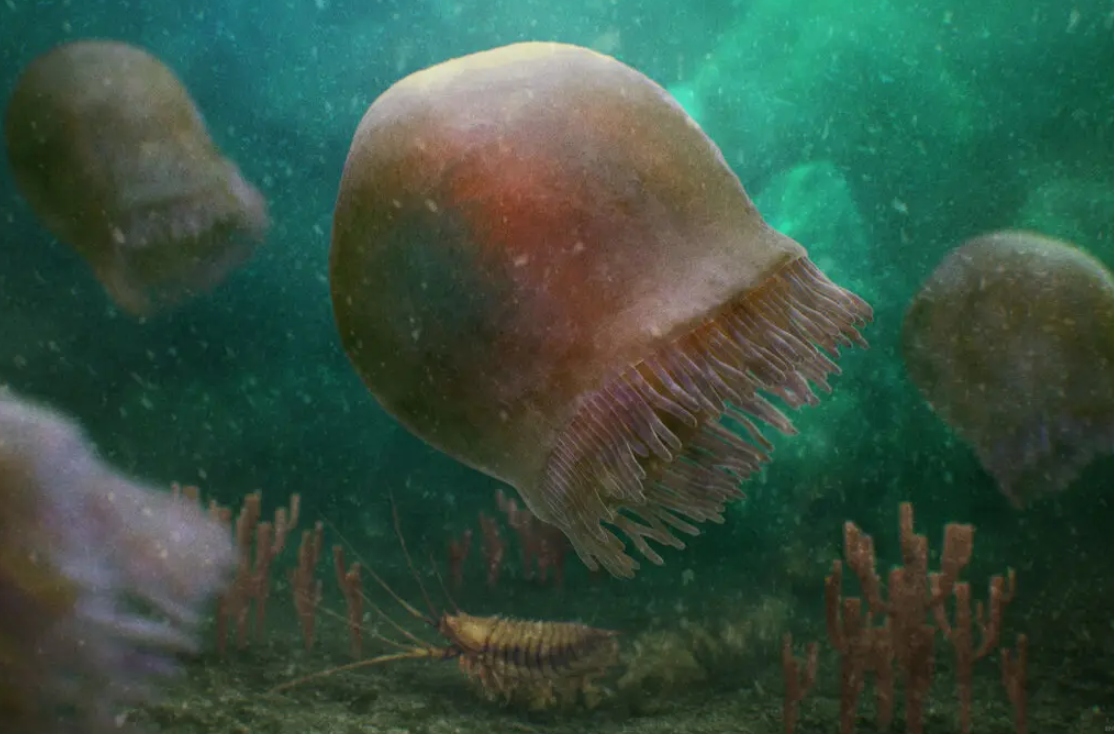[S]omething changed during the pandemic. Maybe it was her. Maybe it was the news itself.“It was so upsetting,” says Claudia Caplan, a retired advertising executive who is now a graduate student of history at New York University. “So frightening, so apocalyptic.”
And so Caplan began to turn away.The troublesome trend is spelled out in research by the Reuters Institute for the Study of Journalism. For years, the Oxford-based think tank has been asking people around the world about their news-consumption habits. In its latest survey, 38 percent of U.S. respondents say they sometimes or often avoid news, including 41 percent of women and 34 percent of men.
At the same time, the proportion of people who are “extremely” or “very interested” in the news continued to sink. In the United States, this group was in the minority (49 percent) for the first time in the survey’s short history, down from 67 percent in 2015.
And much of it, people say, drives feelings of depression, anger, anxiety or helplessness.
Carolyn Cohen, a retired school teacher, cites a number of topics that provoke feelings of helplessness: gun violence, climate change and climate-change denial, and President Donald Trump’s efforts to undermine the 2020 election results.
“What can I do about it?” she says. “Nothing you do gives any control,” other than laying the newspaper aside, turning off the TV and going for a walk.
House Oversight chair admits GOP can’t back up Biden bribery accusations
Republicans still haven’t produced evidence of any illegal behavior by President Joe BidenThe chairman of the House Oversight Committee on Monday said he and his colleagues still lack evidence proving that President Joe Biden took bribes while he was vice president during the Obama administration, despite months of investigation into his son, Hunter Biden.
Representative James Comer made the embarrassing admission during an appearance on Fox News host Sean Hannity’s eponymous nightly programme alongside Representative Jim Jordan, the chair of the House Judiciary Committee.Asked whether he would be able to prove the outrageous claim about the president, Mr Comer hesitated.
Pressed further by Hannity, he finally replied: “I sure hope so. And I do believe that there’s a lot of smoke and when there’s smoke, there’s fire”.
Making Renewable, Infinitely Recyclable Plastics Using BacteriaScientists engineered microbes to make the ingredients for recyclable plastics – replacing finite, polluting petrochemicals with sustainable alternatives. The new approach shows that renewable, recyclable plastics are not only possible, but also outperform those from petrochemicalsUnlike traditional plastics, PDK [poly(diketoenamine)] can be repeatedly deconstructed into pristine building blocks and formed into new products with no loss in quality. PDKs initially used building blocks derived from petrochemicals, but those ingredients can be redesigned and produced with microbes instead. Now, after four years of effort, collaborators have manipulated E. coli to turn sugars from plants into some of the starting materials – a molecule known as triacetic acid lactone, or bioTAL – and produced a PDK with roughly 80% bio-content.[Planned] improvements would include speeding up the rate at which microbes convert sugars to bioTAL, using bacteria that can transform a wider variety of plant-derived sugars and other compounds, and powering the facility with renewable energy.
Here, genetically engineered bacteria make bioTAL from sugar and that is used to make PDK plastic. Additional research is needed to decrease the production cost of bioTAL and expand the range of plant sugars that can be used to fuel the bacteria. If the US had a carbon tax in place, this lower-pollution plastic would be significantly more competitive. It will take a couple of years of more research and development before this impact of this can be assessed.
505-Million-Year-Old Jellyfish Fossils May Be the Oldest Ever Found[Jean-Bernard Caron, a paleontologist at the Royal Ontario Museum in Toronto] and other scientists recently described a cache of jellyfish fossils from the Cambrian period that found an improbable pathway to preservation. In a paper published on Wednesday in the journal Proceedings of the Royal Society B, the scientists posit that these 505-million-year-old animals are among the oldest swimming jellyfish known to science.
“These new fossils represent the most compelling evidence of Cambrian jellyfish to date,” said David Gold, a paleobiologist at the University of California, Davis, who was not involved in the new study.















